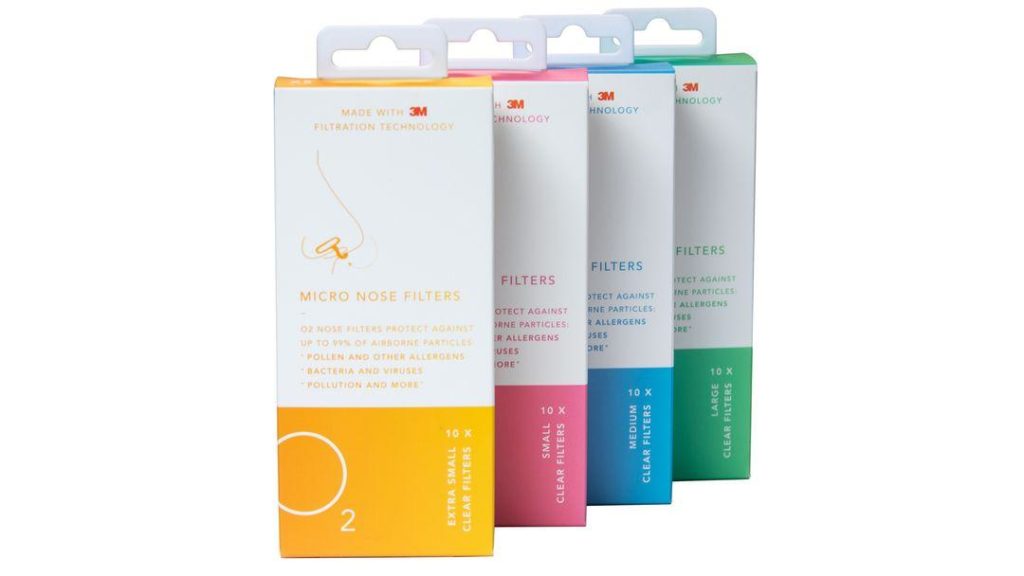Contrary to popular belief, sinus infections can lead to major health problems for certain at-risk individuals. In fact, sinus infections afflict an estimated 31-million Americans each year, in which 16-million of these individuals visit a doctor in efforts to relieve their symptoms. Due to the assortment of causes and symptoms linked to sinus infections, it may be difficult to identify what exactly is making you feel sick, and most importantly, what effective treatments are available. Let’s explain the cause, symptoms, and treatments associated with sinus infections, and what you can do to prevent them from reoccurring.
Causes
A sinus infection, medically referred to as sinusitis or rhinosinusitis, occurs when fluid buildup in your nasal cavities cause germs to grow, resulting in infected, swollen, and inflamed sinuses. Generally, this fluid buildup consists of mucus blockage in the nasal passageways. While viruses remain the main cause for most sinus infections, bacteria is also known to be a contributing factor. Medical conditions that can lead to sinus blockage include:
- The common cold
- A deviated septum
- Seasonal allergies
- Smoking, or exposure to secondhand smoke
- A weakened immune system
- Polyps, or growths in the nose
- Asthma
- Tumors
All of these conditions can lead to fungus, viruses, or bacteria to swell and block the sinuses, resulting in a sinus infection.
Symptoms
Before explaining the symptoms of sinusitis, it’s important to establish which type of infection you have. There are four types of sinus infections, being:
- Acute Sinusitis: Symptoms last less than 4 weeks with the right at-home care.
- Subacute Sinusitis: Symptoms last 4-8 weeks.
- Chronic Sinusitis: Symptoms last 8 weeks or longer, a chronic sinus infection usually develops following a previously poorly treated infection.
- Recurrent Sinusitis: Three or more episodes of acute sinusitis in a year is considered recurrent sinusitis.
Sinus infection symptoms commonly resemble that of a cold. If symptoms persist for more than 10 days, this establishes a basis for one to assess that they have an acute case of sinusitis. Depending on the severity of your symptoms, it’s important to consult with your doctor or general practitioner to properly diagnose. Symptoms to look out for often include:
- Pain or pressure in sinuses
- Tenderness in face
- Postnasal drip or a runny nose
- Nasal congestion
- Headaches
- Coughing
- Sore throat, including a hoarse voice
- Fever
- Halitosis (bad breath)
While many medical conditions can cause symptoms like these, it’s important to visit your doctor to perform a proper diagnosis.
Treatments
Fortunately, most sinus infections get better on their own. Although there are several over-the-counter treatments that someone could utilize in hopes for their uncomfortable symptoms to diminish more quickly. A simple acute sinus infection can be treated with decongestants, cold & allergy medication, nasal saline irrigation, and merely drinking more fluids to wash out the viral infection.
Antibiotics are not needed for most sinus infections, although they may be essential to eliminate chronic and recurrent infections. For more severe cases of sinusitis, a doctor’s intervention is usually necessary to prescribe one (or more) of the following treatments:
- Oral or topical decongestants.
- Intranasal steroid sprays.
- Oral pills (antibiotics or other pills).
- Leukotriene antagonists to reduce swelling brought on by allergies.
- Saline solution that contains other types of antibacterial medication.
Whether your sinus infection goes away on its own, or due to over-the-counter medicine, or a medically prescribed treatment, the uncomfortable experience of having a sinusitis is enough to make anyone wish they avoided the infection to begin with.
Preventing Sinus Infections
Many preventions for sinusitis exist, such as:
- Washing your hands.
- Receiving recommended vaccines.
- Avoid close contact with people who have infections.
- Avoid smoking.
- Using a humidifier at home.
Although O2 Nose Filters have been shown to be one of the absolute best ways to prevent viral infections from entering your nasal passageways. O2 Nose Filters block between 90%-100% of pollen particles from entering the airways. Additionally, O2 Nose Filters are discreet and don’t inhibit conversation, so they are great for everyday use in the workplace, industrial areas, public transportation, and outdoors. Available in Extra-Small, Small, Medium, Large, and Extra-Large, our lightweight filters will contour the inside of your nose and are great to wear for up to 12 hours.

BLOCK IT OR BREATHE IT
Click here for a FREE (+S&H) sample pack to see which size works best for you!



